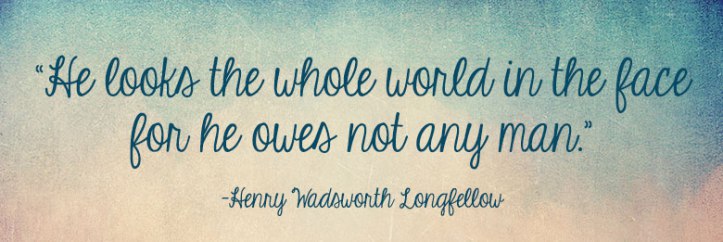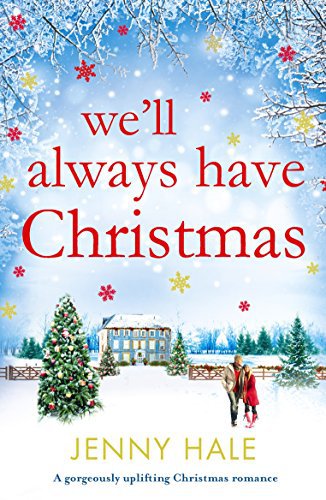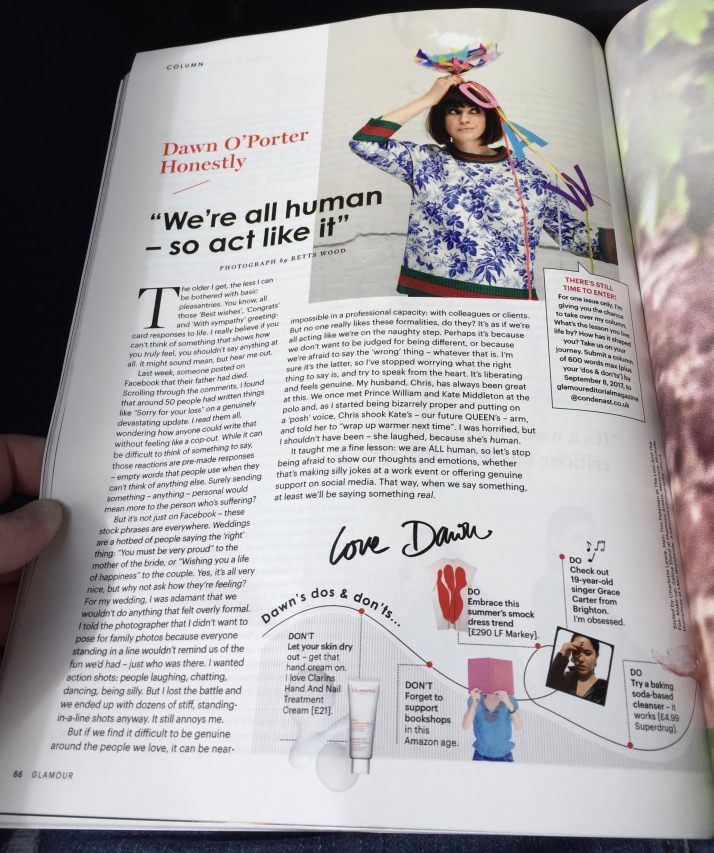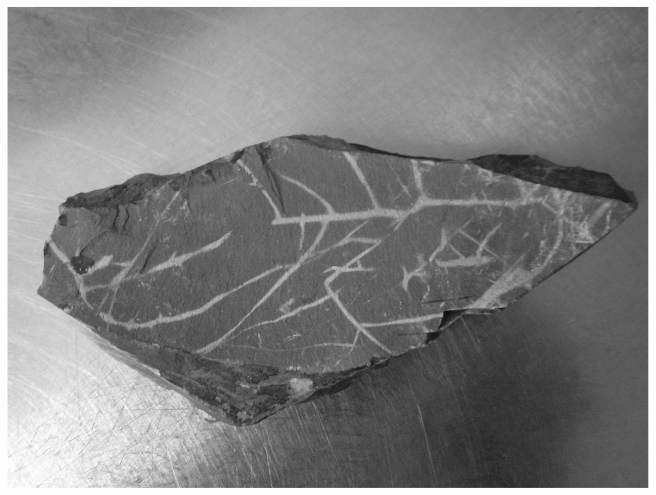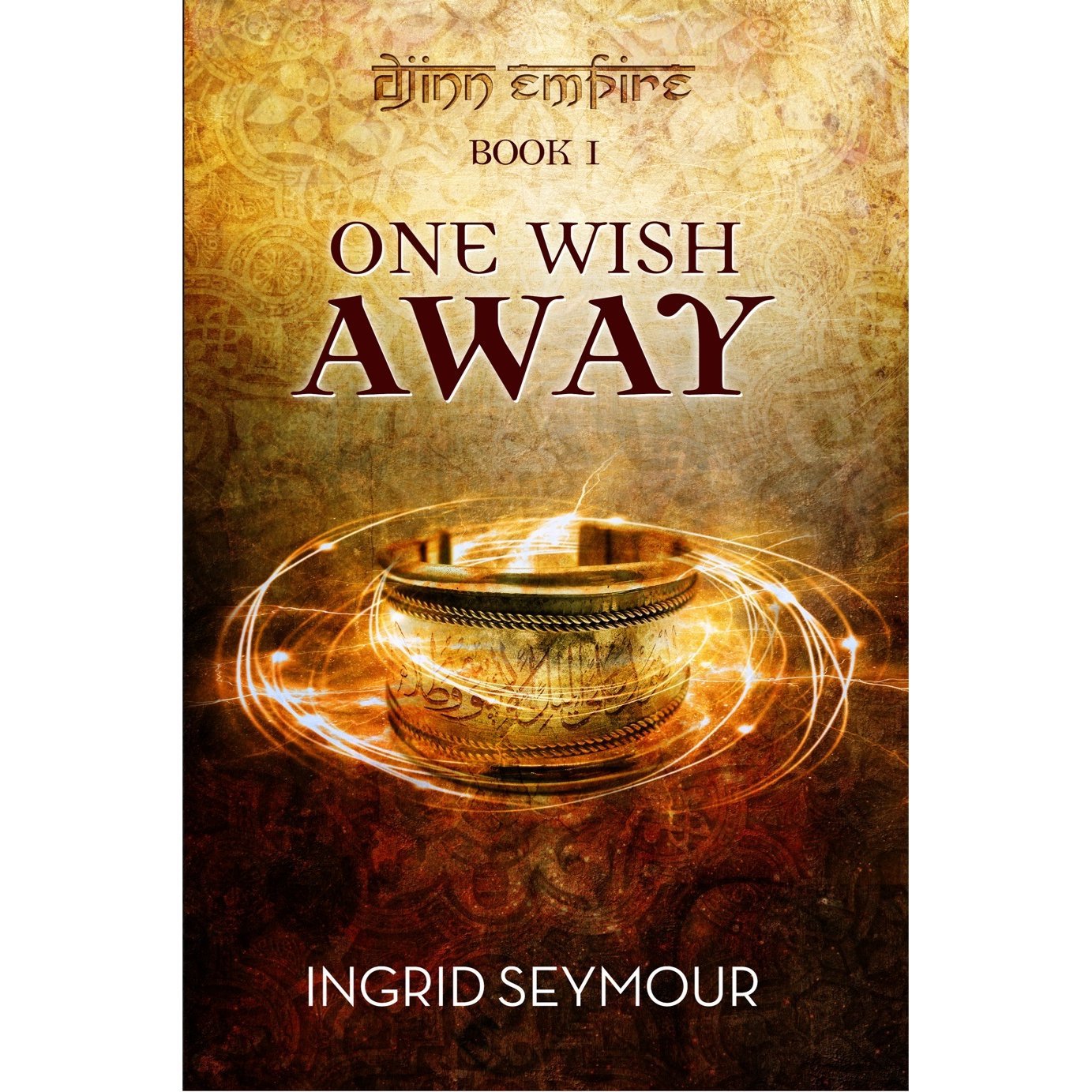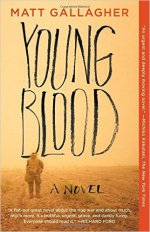
Note: I reviewed Youngblood for Foreign Policy last year. If you’re interested in that take, which had to conform to Tom Ricks’ lethal editorial pen, you can view it here.
I had room to cram two books into the survival ruck I jumped onto the Polar Icecap last year. One of them was Matt Gallagher‘s debut novel Youngblood (I’ll get to that other one in another post.) I’d begun the book a few weeks earlier, so it was a bit of a risky move to bring a half-read book knowing I might be stuck on the Beaufort Sea for longer than expected. But I owed a review, and Gallagher is a damn fine writer, so it made sense on a lot of levels. The gamble paid off, big time.
In the space of one claustrophobic and very cold afternoon, I tore through the rest of the book. And cutting right to the chase: it was the Iraq novel I’d been waiting for.
Now, feel free to take all this with a grain of salt. I am, after all, a nonfiction writer, which means the lion’s share of my reading is nonfiction. But story is story. The Yellow Birds (Kevin Powers), Billy Lynn’s Long Halftime Walk (Ben Fountain), Redeployment (Phil Klay): they all filled a need. Namely, the desire to clear a guilty conscience. Respectively: the individual soldier’s, a nation’s, and the outsider’s. I take nothing away from each of those excellent books. They were necessary. The writing was outstanding. But they were also well, kind of depressing.
Youngblood, by contrast, is best described as vibrant. It’s a technicolor story, complete with engrossing action and heartstopping literary value. Having met Gallagher now, and read just about everything he’s written, there’s a lot of the guy I had the pleasure of sharing a couple of drinks with in Youngblood. Which is not to say it isn’t a serious book — it is — but it’s also a hell of a lot of fun.
The basic premise is Iraq sometime during the Surge. Lt Jack Porter stumbles upon information about a troublesome NCO assigned to him, which leads Jack down an ill-advised investigative path that will twist and turn him on a plot line like something out of a hardboiled detective novel. Oh, and there’s that war-thing going on as well. And that’s about all I’m willing to share with you, because I want you to pick up a copy and read it for yourself.
I’d, of course read Kaboom, Gallagher’s memoir. So I was familiar with his wit, ability to turn a pretty phrase, and capacity for laugh-out-loud humor. But with Youngblood, you can sense Gallagher at a blank canvas, creating a world grounded by experience but broadened by creativity. What I took away from the book was a lesson in storytelling on the extended arc that a novel requires. Writing essays, longform, memoir, it took me a few years to come to grips with the idea that a writer must answer the pesky question, “what’s this about?”Not what happens — that much will be evident — but the thing that changes, the question that is answered, and so on. You must be able to answer the question as the author, or the reader will never have snowball’s chance in hell. That essay I’ve written about previous, “Calling Jody with the Ghost Brigade”: it wasn’t until I’d already begun submitting that I realized I’d written a lot of pretty sentences, compelling scene and assembled an interesting structure. But I couldn’t tell you what it was about. Once I decided that it was about the process of grief and memory, it made things a whole lot easier. I was able to dial things up here, eliminate dead weight there, so that once the reader hit the last sentence, they would be able to answer the question (I hope, anyway.)
One one hand, short stories and essays are disadvantaged by what must be an economical approach. A couple thousand words goes by pretty fast and you have to get to the point. Novels like Youngblood have the luxury of time and length to get the reader there. But the flip side of this is that length is no cure for inefficient and bloated writing. We’ve all been there, laboring through an extraneous chapter, wondering when we’re gonna get to the good stuff. But Youngblood had none of that. Gallagher keeps the story tight, clipping along, to the point that backstory feels less like a side-trip than it does a necessary pause.
So, there you go. Turns out novels can be good for your nonfiction. Especially if the novel you’re looking at for inspiration just so happens to be Youngblood.
Share this:
